BuySellBA
Administrator
The rental law was repealed: How long will it take for the real estate market to increase supply and lower prices - La Nacion Propiedades

Source:

Se derogó la ley de alquileres: cuánto tardará el mercado inmobiliario en aumentar la oferta y bajar los precios
Los inmobiliarios esperan que la oferta de alquileres se recupere y que los precios dejen ser ser tan altos al inicio del contrato
By Mercedes Soriano
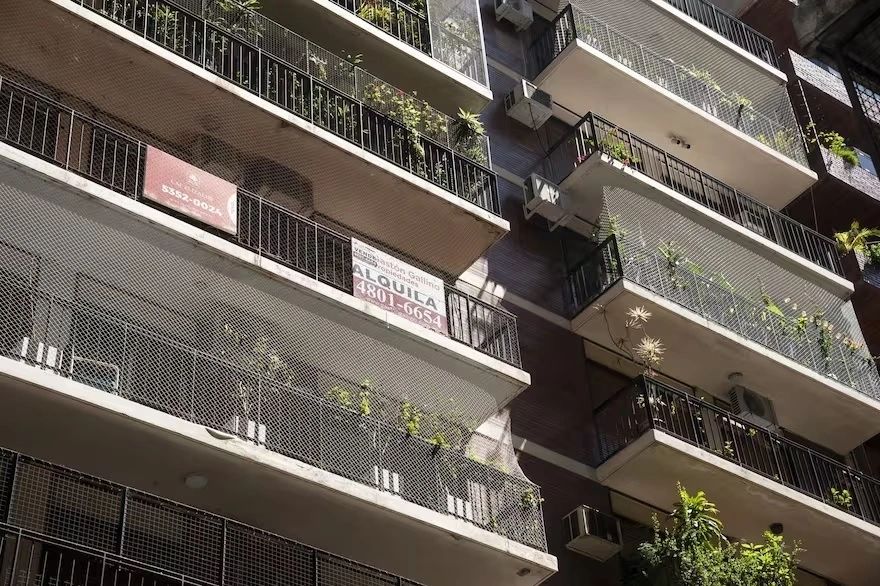
Real estate agents hope that the rental supply will recover and that prices will stop being so high at the beginning of the contract
“Disastrous.” This is how the Decree of Necessity and Urgency that repeals it , signed by President Javier Milei, qualifies the rental law. The measure appears as a shock therapy that seeks to revive a real estate market in danger of extinction.
For years, different sector and real estate chambers have been asking for a lifeline for the rental market. Since the passing of the law that regulated it in 2020, supply has been reduced to practically zero and prices have skyrocketed. In this framework, some voices from the sector had been requesting to repeal the rule to reestablish the situation.
“The repeal was what was expected and is a positive signal for the market,” said Germán Gómez Picasso, founder of Reporte Inmobiliario.
After the national network announced the general measures of the decree , it took a few hours for market players to echo the news. “ At dawn after the decree was published, I began to receive messages from owners telling me that they now want to rent their property again, that they want me to write a new contract for them,” celebrates Enrique Abatti, president of the Chamber of Owners of the Argentine Republic.
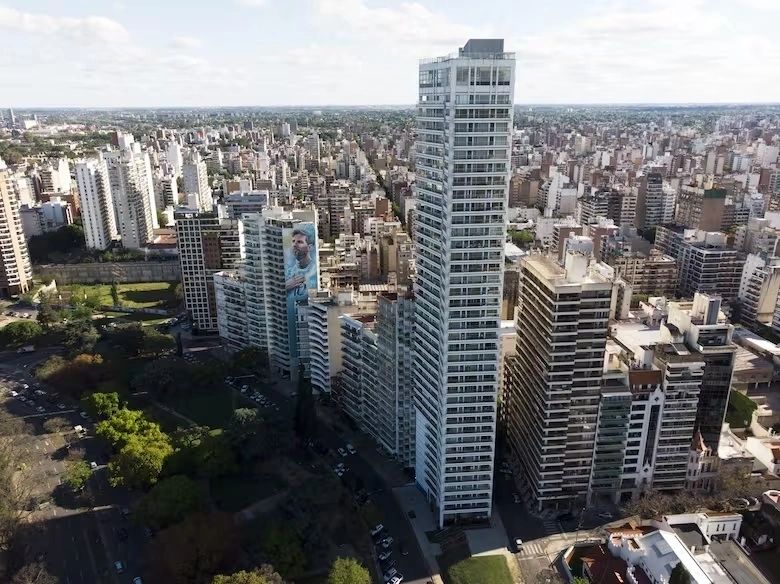
For years, different chambers of the sector and real estate agencies have been asking for a lifeline for the rental market
What are the opinions of the sector's leaders?
The lawyer believes that the shock wave of rent deregulation will reach the construction market. “It could increase real estate investment in rental housing that is currently stopped, and that will drive the construction industry, which is one of the most mobilized by unions in the country,” he maintains.“We are much better off and more excited about the repeal of the law. The market is going to start working, slowly and with credibility,” says Marta Liotto, owner of Liotto Propiedades and president of the Unique Association of Real Estate Brokers of the Autonomous City of Buenos Aires (CUCICBA). She says that in the days before the publication of the decree, the contracts that were due were extended for a few months until there was some news and that since yesterday the people she had contact with seemed calmer.
“The measures are positive. It seems to us that it reviews important claims from the sector. Furthermore, I believe that the flexibility in the labor regime will help us, not so much for the work itself that the UOCRA regime already has, but for professional tasks and so on,” said Damián Tabakman, president of the Business Chamber of Developers. Urban (CEDU).

Specialists expect a slow market recovery from the new measures
Given the news, specialists find different key points for the next steps in the market.
1. Increase in supply
The deregulation of the law leaves key aspects such as the term of the contract, the indexation of adjustments, their frequency and the currency in which they are paid in the hands of the parties. Gómez Picasso estimates that this freedom will encourage owners to put their properties on the formal rental market.For economist Federico González Rouco, specialized in housing, the DNU is going to “whiten the offer and recognize what was already happening in practice.” He maintains that the decree validates the scenario that operated behind the rental law, similar to the regulations prior to 2020. “In recent times, contracts were already made in dollars, generally for terms agreed between the parties of less than three years.” he says in this line.
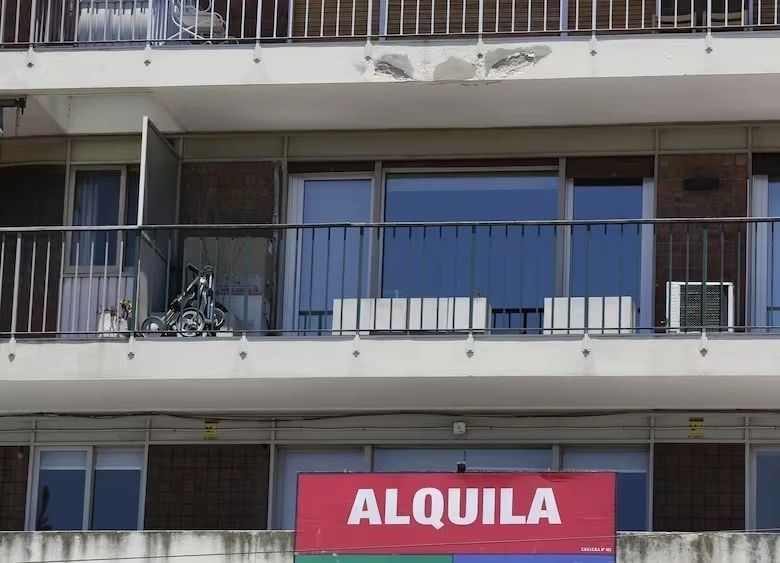
For the economist Federico González Rouco, specialized in housing, the DNU is going to "whiten the supply" that operated outside the law.
2. Tenants will be able to negotiate the price
Dr. Abatti estimates that the decree “will mobilize the housing rental market where there was an absence of supply and from this recovery, tenants will be able to choose and negotiate rental prices, an action that they cannot do today.”“If the measure works over time, the tenant will be the one who decides which properties are rented and at what value because there will be supply,” says Liotto. He analyzes that the situation today limits the tenant to making do with what there is, sometimes giving up location and paying more. Starting from that point, he hopes that “when there are two or three properties on a block for rent, the owner will not want to have it empty because he would deprive himself of the rent and then the tenant will decide. That's why we wanted this measure, so that there is supply and this situation occurs."
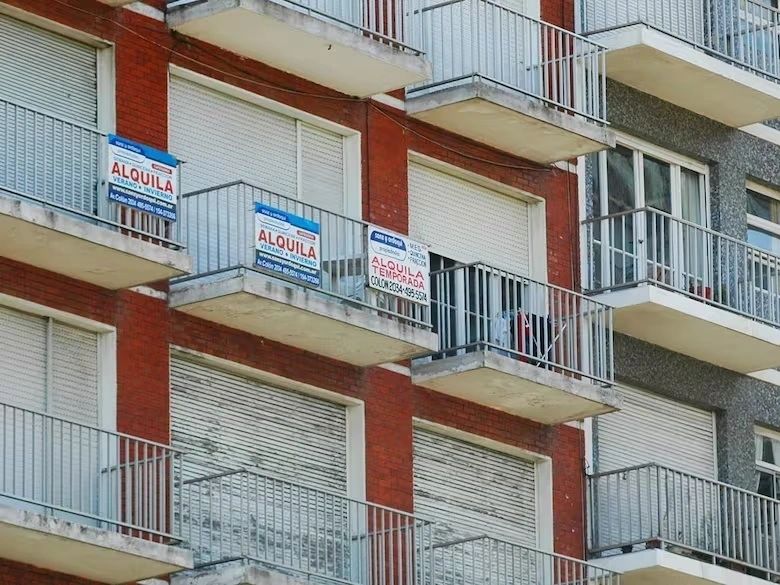
"The tenant is going to be the one who decides which properties are rented and at what value because there will be supply," says Liotto.
3. Entry prices would drop
Gómez Picasso also estimates that the liberal rental policy will calm the price increases that the market has been registering . In the last year alone, studio apartments increased 210.3%, two-room apartments 242.5% and three-room apartments 220%, according to the rent monitor of the Center for Economic and Social Studies Scalabrini Ortiz.“Values are not going to stop rising because there is inflation, but surely the increases are going to be more moderate than they would be if the law remained in force,” he says. He explains that this is because as until now the adjustments did not accompany inflation , the owners prevented the liquefaction of the quota by raising the initial price of the contract. So now they would stop anticipating price increases and instead index the contract to keep up with inflation over time.
4. Return to old ways
Although the new regulatory framework leaves almost everything to the free rein of the parties, specialists believe that some things could naturally return to the way they were before the laws. “I estimate that the contracts will be for two years, which is the term with which the owners and tenants were comfortable,” says Liotto.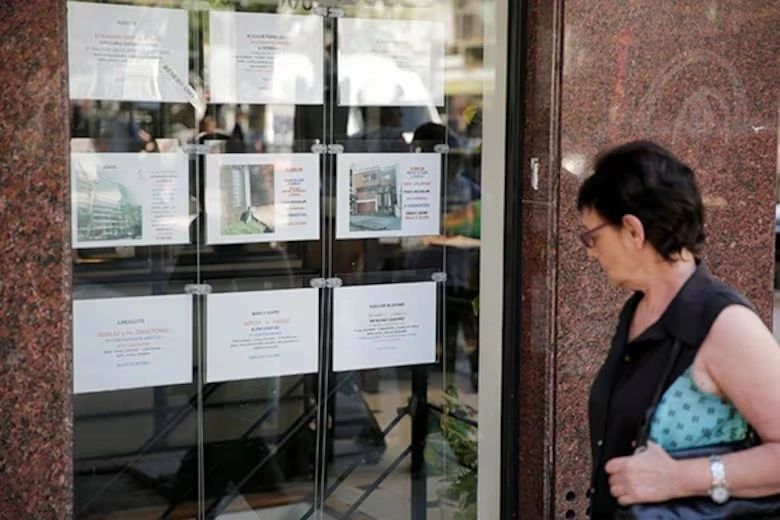
“I estimate that the contracts will be for two years, which is the term with which the owners and tenants were comfortable,” says Liotto.
5. When would the market recover
Is there going to be a flood of rental contracts or is the market going to freeze? The question is latent. Gómez Picasso is reluctant to the idea of the market revitalizing quickly given the slow nature of the market.The president of CUCICBA agrees, and for her the market recovery depends on how long it takes for confidence to be regenerated “The real estate sector was severely punished for three and a half years, both tenants and owners, and I think that in the medium term we are going to begin to rearrange ourselves,” she says.
For the president of CUCICBA, the nightmare of having removed from rent the units that gave them an income to sell in a context in which real estate prices reached the incentive floor, kept the owner away from the rental market. “They bought it as an investment and a refuge of value to have a monthly income that would cover expenses and generate profits and it was pathetic. In fact, I still have valid contracts under the law at unusual prices, like $60,000 per month for the rent of a three-room apartment,” she analyzes.
6. The double face of freedom
Extremes are never good, and with the optimism of some specialists, worried visions about the new scenario also coexist. “It seems to me that there is going to be a problem with so much freedom, especially with the issue that there are no minimum terms in the contracts. From 1921 to 2023 there was a minimum period, so this is an unknown situation for all Argentines,” says Mariano Esper, a lawyer specialized in real estate issues.In that sense, he believes that when it was imposed more than 100 years ago, “it was to prevent owners from managing the market as they please and not harm tenants.” For example, if a landlord only makes a contract for three months, the tenant would find themselves in an unstable and costly situation.
www.buysellba.com

